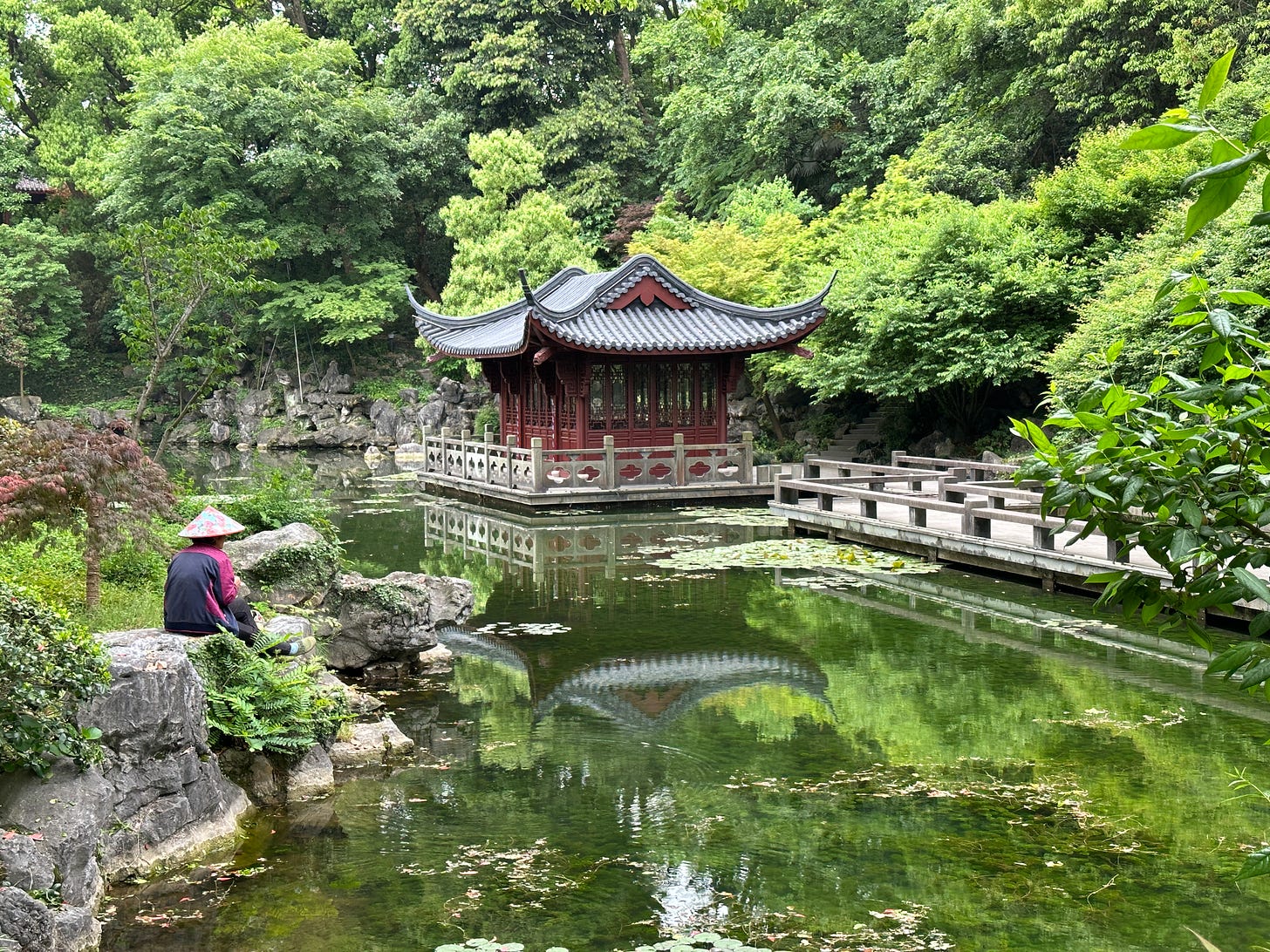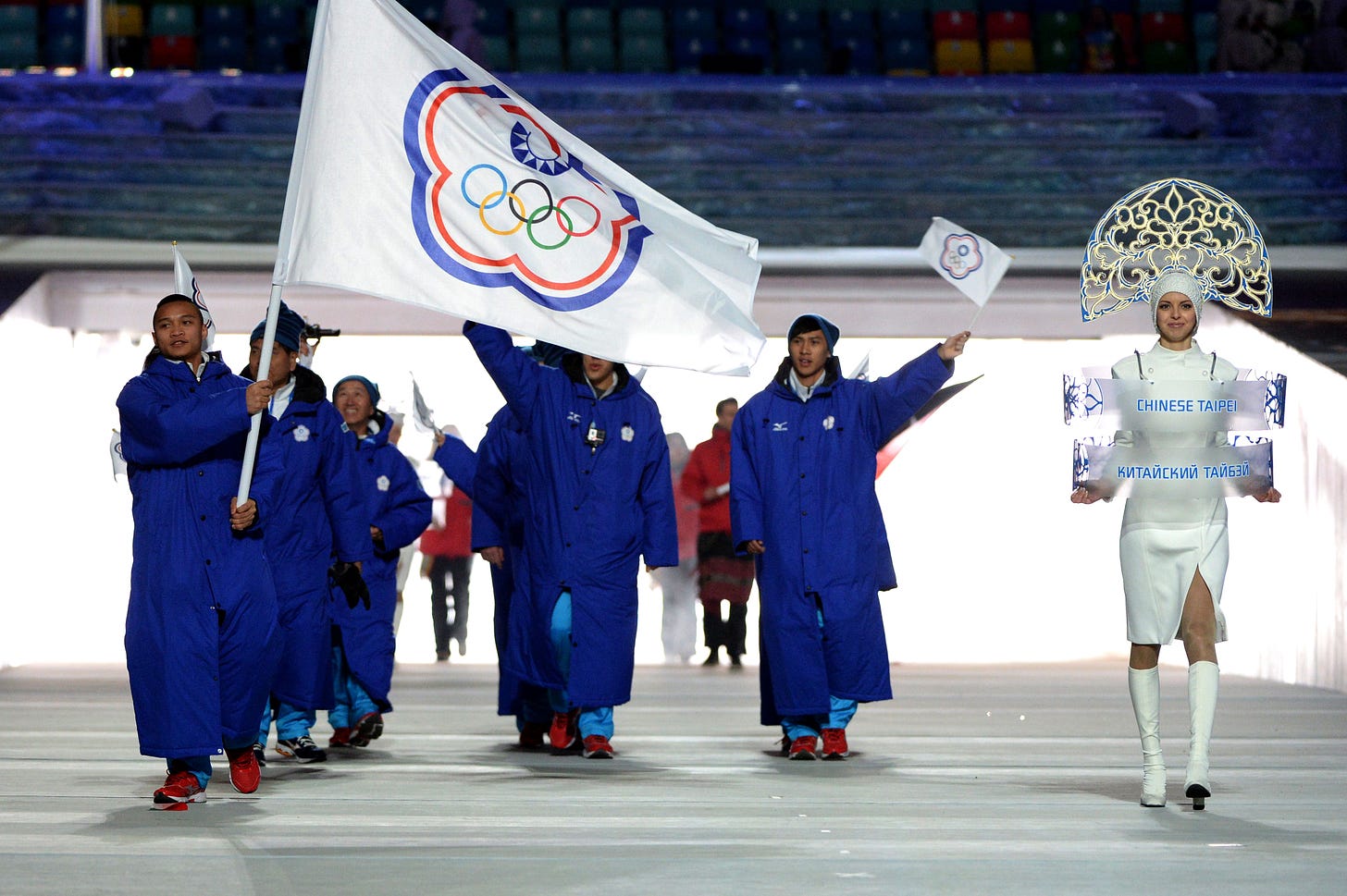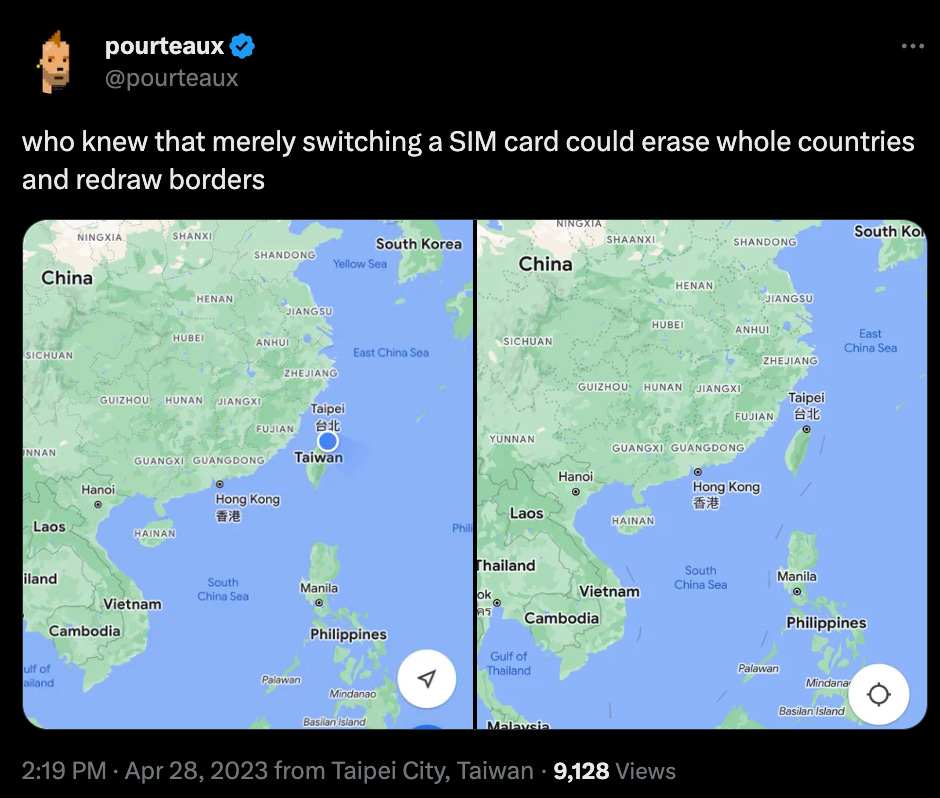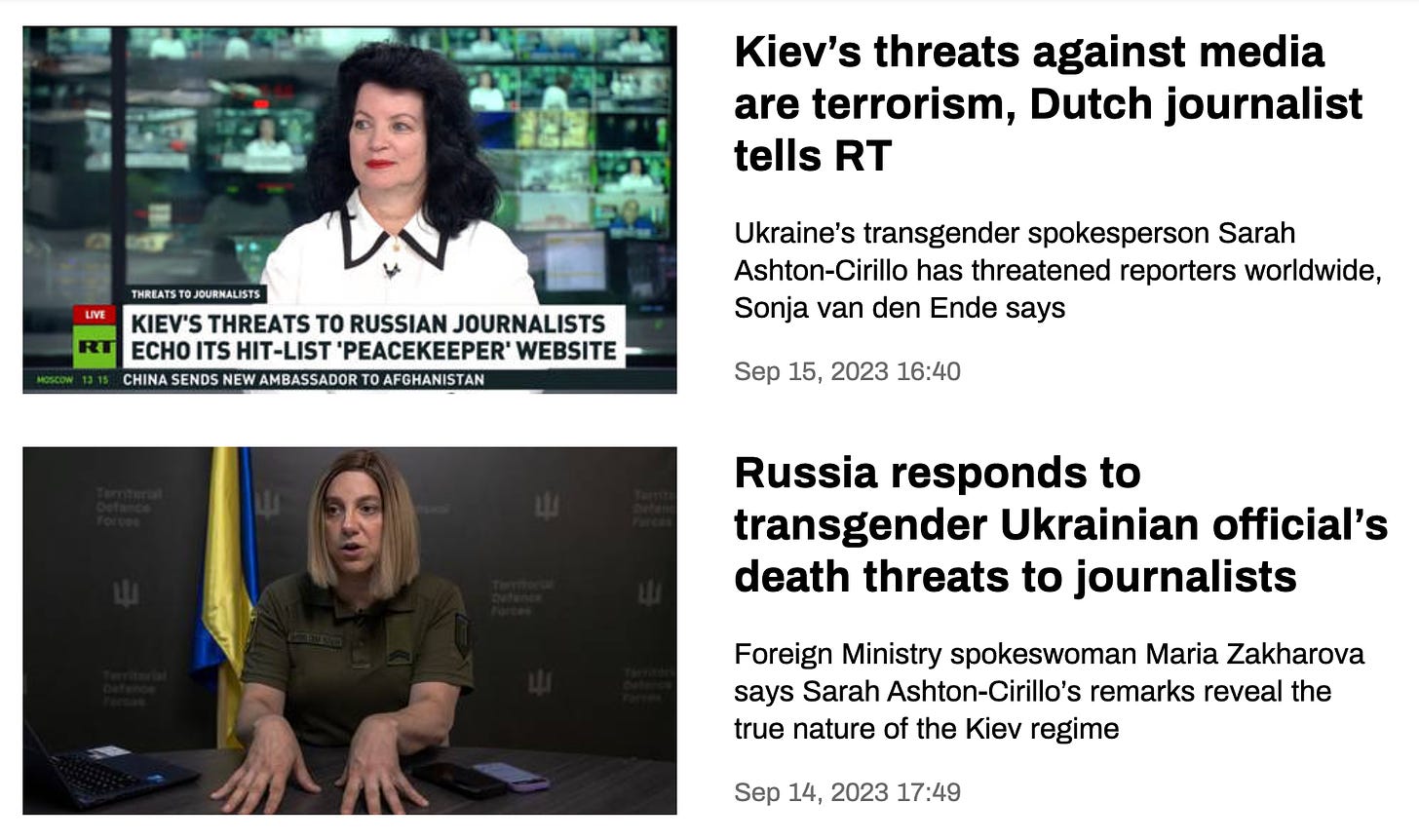The 19th annual Asian Games began in Hangzhou, China on Saturday. For the unfamiliar, the Asian Games are an official continental athletic competition hosted by the Olympic Council of Asia. This competition occurs every four years and rotates between different regional host nations among the 45 member countries.

Like the Olympics itself, the opening ceremony of the Asian Games is equal parts spectacle and politics. Since the 1980s, Taiwan has participated in official competitions as “Chinese Taipei.” This term is deliberately ambiguous. It appeases China because it does not refer to “Taiwan” at all (the country’s common name), but merely a city in Taiwan. The name also indicates that the team is “Chinese” (Taiwan is a under-recognized country claimed by China). This name was accepted by Taiwan as well at the time, as it allowed the country to compete independently of China, and it did not specify whether Taiwan (officially the “Republic of China”) is part of the same “China” as the People’s Republic of China.

While that nuance and complexity are probably lost on most observers of the Olympics and the Asian Games, it is the basis that has allowed peaceful co-existence between these two countries across the Taiwan Strait to exist for decades. Indeed, even the World Trade Organization (WTO) and Asia-Pacific Economic Cooperation (APEC) allow Taiwan’s participation alongside China under the name “Chinese Taipei.”
However, as China grows increasingly ambitious in its territorial claims over Taiwan (and the islands and waters of many other countries in the South China Sea, border regions with India, and even Russia), you can see the battle play out in the language that is being used. Yesterday’s opening of the Asian Games in China are a great example. Even though Taiwan’s longstanding title for Olympic competition has been “Zhong Hua Tai Bei” (“Chinese Taipei”), the Chinese state media narrating the opening ceremony shifted this name to the similar sounding “Zhong Guo Tai Bei” (“Taipei, China”). The similar sound perhaps allows the narrators some plausible deniability, but to any objective observer the implication is obvious. Indeed, as Taiwan’s team took the stage, Chinese state media cut to an applauding Xi Jinping, as if he were Taiwan’s head of state.

Discrediting countries by referring to them instead as cities is also a tactic of the Russian state media. Frequently, Russian media or government officials will refer to Ukraine as the “Kiev Regime,” as if the country is really just a power center in its capital city rather than a proper country with defined sovereign borders and many individual cities. Furthermore, Russia uses the Soviet-era spelling of the city of “Kiev” rather than the Ukrainian spelling of “Kyiv.” Prior to Russia’s invasion, many professional international journalists used either spelling. However following the invasion, many journalists enacted internal policy to only refer to the Ukranian capital with Ukranian spelling so as not to support Russia’s imperial ambition, even linguistically.
Likewise, international journalists made a conscious decision to end the practice of referring to the country as “The Ukraine.” The addition of the article “The” to the country name is problematic for many reasons. When Ukraine was part of the Soviet Republic, it was called “The Ukrainian Soviet Socialist Republic.” Thus, the definite article “The” refers to this time prior to Ukrainian statehood. Furthermore, linguistically “the” is often used for regions within countries (eg, “the Pacific Northwest”) rather than a country itself. The word “Ukraine” is from the slavic word for “borderland,” and with the article “the,” it is understandable why “The Ukraine” seems to identify the country as a mere region within a Russian sphere of influence rather than a true sovereign nation.
A final example of the geopolitics of language is the most important and the least discussed: the use of “Mainland” in the context of China. Everyone seems to believe they know the meaning of “Mainland China” until you ask them. Some will say that Mainland refers to contiguous China, i.e. excluding islands. This is false, as the island of Hainan (China’s largest island) is universally understood as part of the mainland, and Kowloon (part of Hong Kong on contiguous China) is not. Others claim that the “Mainland” is referring to the part of China that is administered by the Chinese Communist Party. This is getting closer to correct, as historically “mainland” has excluded places like Hong Kong which once had a high degree of autonomy from the CCP. Yet, Hong Kong’s “autonomy” is mostly theatric at this point, and even Xinjiang and Tibet are officially “autonomous regions” of China while simultaneously being totally subjugated by the CCP. Hong Kong seems destined to a similar fate. In fact, historians will sometimes still refer to “mainland China” in the context of interactions between Chinese and Tibetans even after Tibet was annexed by China in 1951.

So what is “mainland China” really referring to?
In practice, “mainland” is an entirely political term masquerading as a geographic descriptor that pays lip service to China’s imperial ambitions by leaving open the possibility that there is some yet unconquered “greater China” temporarily beyond the grasp of the Communist Party. For example, if you are in Taiwan, you may be asked by a curious stranger—"have you ever been to mainland China?” This may seem innocuous, but such a question is phrased such that it leaves open whether Taiwan itself is part of China. Similarly, if you are asked this question in Hong Kong, the implication is that Hong Kong itself retains its promised autonomy outside the system of the “mainland,” when in reality that autonomy was crushed by Beijing.
Just like “The Ukraine,” using the term “mainland” erodes the legitimate sovereignty of countries coveted by their neighbors, whether that sovereignty is de facto or de jure.
Language is fraught with geopolitics. We should choose the words we use to support the self-determination of people rather than the imperial ambitions of those people’s neighbors. The shift away from “The Ukraine” and “Kiev” was reactionary following Russia’s invasion. However, you have to wonder to what extent did the reckless adoption of Soviet-centric language ease Russia’s invasion by giving cover to Putin’s Soviet nostalgia. We shouldn’t make the same mistake with “Chinese Taipei” and “Mainland China.”




